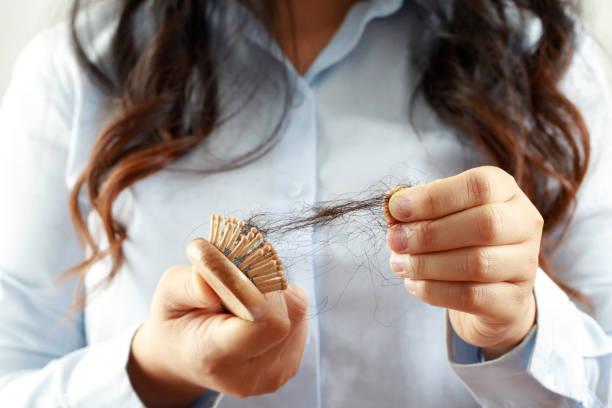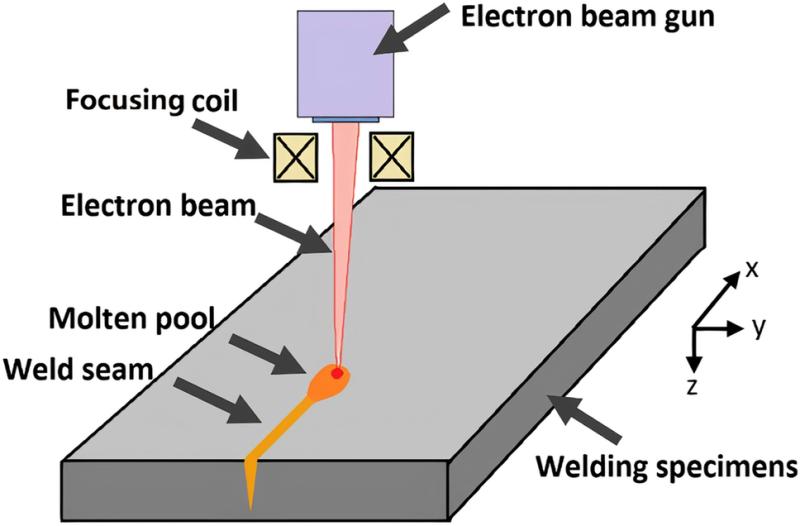How to Cope with Hair Loss

Hair loss is a common concern that affects millions of people worldwide, transcending age, gender, and ethnicity. While often viewed as a natural part of aging, hair loss can significantly impact self-esteem and emotional well-being. This article will delve into the various causes of hair loss, explore treatment options, and provide coping strategies for those affected by this condition.
Types of Hair Loss
Understanding the different types of hair loss is crucial for identifying the underlying cause and seeking appropriate treatment. The most common types include:
1. Androgenetic Alopecia (Male and Female Pattern Baldness)
This hereditary condition is the leading cause of hair loss in both men and women. It typically manifests as a receding hairline or thinning at the crown for men, while women often experience overall thinning, particularly at the crown. The condition is linked to genetics and hormones, particularly dihydrotestosterone (DHT), a derivative of testosterone that shrinks hair follicles.
2. Alopecia Areata
Alopecia areata is an autoimmune disorder that leads to sudden hair loss in patches. The body’s immune system mistakenly attacks hair follicles, resulting in hair loss. This condition can affect individuals of any age and can sometimes resolve on its own, but in some cases, it may progress to complete baldness.
3. Telogen Effluvium
This temporary form of hair loss occurs when a significant stressor causes a large number of hair follicles to enter the resting phase of the hair growth cycle (telogen phase), leading to increased shedding. Common triggers include physical or emotional stress, hormonal changes, illness, or nutritional deficiencies.
4. Traction Alopecia
Traction alopecia is caused by hairstyles that pull on the hair, such as tight ponytails, braids, or extensions. Over time, the tension on the hair follicles can lead to hair loss, particularly around the hairline.
5. Scarring Alopecia
Scarring alopecia results from inflammation that damages hair follicles, leading to permanent hair loss. Conditions such as lupus, lichen planopilaris, or folliculitis can cause this type of hair loss.
Causes of Hair Loss
Several factors can contribute to hair loss, including:
1. Genetics
Genetic predisposition plays a significant role in hair loss. If family members have experienced hair loss, there’s a higher likelihood that an individual may also face similar challenges.
2. Hormonal Changes
Hormonal fluctuations due to puberty, pregnancy, menopause, or medical conditions such as polycystic ovary syndrome (PCOS) can impact hair growth. In men, increased levels of DHT can lead to androgenetic alopecia.
3. Medical Conditions
Various medical conditions, including thyroid disorders, autoimmune diseases, and scalp infections, can lead to hair loss. Certain medications for conditions like cancer, arthritis, and depression may also contribute to hair shedding.
4. Nutritional Deficiencies
A lack of essential nutrients, such as iron, zinc, vitamin D, and biotin, can impact hair health. A well-balanced diet is crucial for maintaining healthy hair growth.
5. Stress
Both physical and emotional stress can trigger hair loss. Events such as surgery, severe illness, or the loss of a loved one can lead to telogen effluvium.
Treatment Options
While hair loss can be distressing, various treatments are available, depending on the underlying cause.
1. Medications
Minoxidil: Available over the counter, minoxidil is a topical solution that promotes hair regrowth and slows down hair loss. It’s most effective for individuals in the early stages of hair loss and requires consistent use to see results.
Finasteride: This prescription medication is taken orally and works by blocking the conversion of testosterone to DHT. It can effectively reduce hair loss and promote regrowth, particularly in men.
2. Hair Transplant Surgery
For those seeking a more permanent solution, hair transplant surgery involves moving hair follicles from a donor site (usually the back of the head) to balding areas. This procedure can provide natural-looking results, but it requires careful consideration and consultation with a qualified surgeon.
3. Low-Level Laser Therapy (LLLT)
LLLT uses laser light to stimulate hair follicles and promote hair growth. Devices such as laser combs and caps are available for home use. While research on its effectiveness is still ongoing, some users report positive results.
4. Natural Remedies and Lifestyle Changes
Some individuals may explore natural remedies, such as essential oils (e.g., rosemary or peppermint oil) or herbal supplements. Although scientific evidence supporting these treatments is limited, maintaining a healthy diet rich in vitamins and minerals can promote overall hair health. Additionally, managing stress through exercise, meditation, and relaxation techniques can positively impact hair growth.
Coping Strategies for Hair Loss
Beyond medical treatments, coping with hair loss can be emotionally challenging. Here are some strategies to help manage the psychological effects:
1. Educate Yourself
Understanding the causes and treatment options for hair loss can empower individuals to make informed decisions. Knowledge can alleviate anxiety and help set realistic expectations regarding treatment outcomes.
2. Seek Support
Talking to friends, family, or support groups can provide emotional support. Sharing experiences with others who are going through similar situations can foster a sense of community and understanding.
3. Focus on What You Can Control
While you may not be able to prevent hair loss entirely, focusing on aspects of your life that you can control—such as maintaining a healthy diet, exercising, and practicing good hair care—can boost self-esteem.
4. Consider Hairstyling Options
Experimenting with different hairstyles can help conceal thinning areas. Consulting with a professional hairstylist who understands hair loss can provide creative solutions tailored to your preferences.
5. Embrace Confidence
Ultimately, self-confidence can stem from many aspects beyond physical appearance. Embrace your individuality and focus on your strengths, interests, and personality traits that make you unique.
Conclusion
Hair loss is a multifaceted issue that affects many individuals, with various causes and treatment options available. While it can be emotionally challenging, understanding the underlying factors and exploring appropriate solutions can empower individuals to take charge of their hair health. Whether through medical treatments, lifestyle changes, or emotional support, there are numerous avenues to address hair loss. By fostering confidence and self-acceptance, individuals can navigate this journey with resilience and grace.









Comments